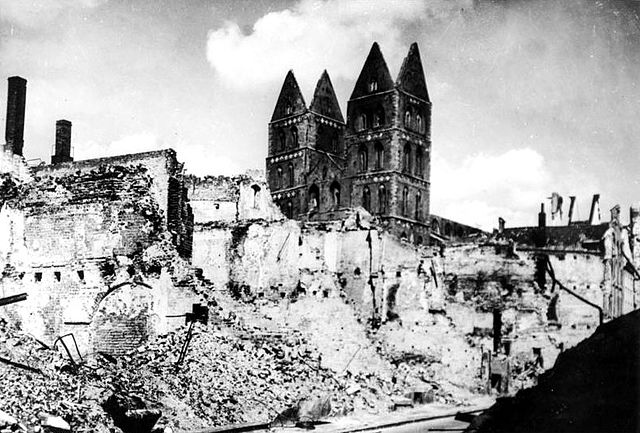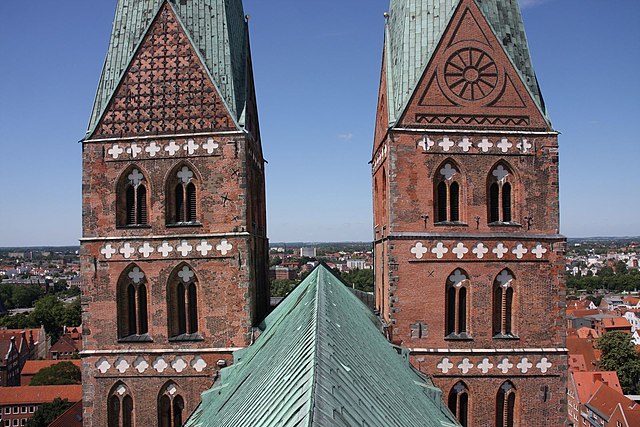Infinite photos and videos for every Wiki article ·
Find something interesting to watch in seconds
Celebrities
Largest Empires
World Banknotes
Countries of the World
Supercars
Orders and Medals
Presidents
Ancient Marvels
Wonders of Nature
Richest US Counties
History by Country
Famous Castles
Crown Jewels
Sports
Kings of France
Wars and Battles
Rare Coins
Great Museums
Animals
Best Campuses
Largest Palaces
Great Artists
Recovered Treasures
Great Cities
Tallest Buildings
British Monarchs
more top lists








